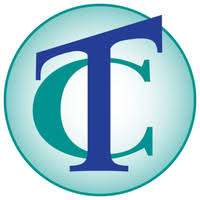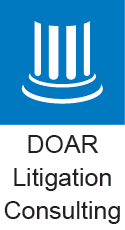The Power of Pessimistic Practice
You can’t walk around with your ears open in America without hearing about the “power of positive thinking” – even as a litigator and trial lawyer who lives in the throat of conflict and negativity much of the time. Certainly, part of your job as a trial lawyer is to project confidence in your ability to successfully resolve your client’s case. If you are a successful litigator, though, you probably will not be surprised that psychologist Gabriele Oettingen suggests in her new book, Rethinking the Power of Positive Thinking, that “positive thinking” isn’t all it’s cracked up to be. In


